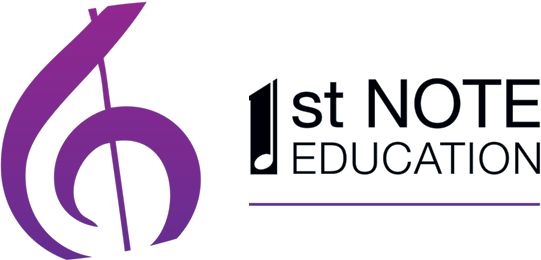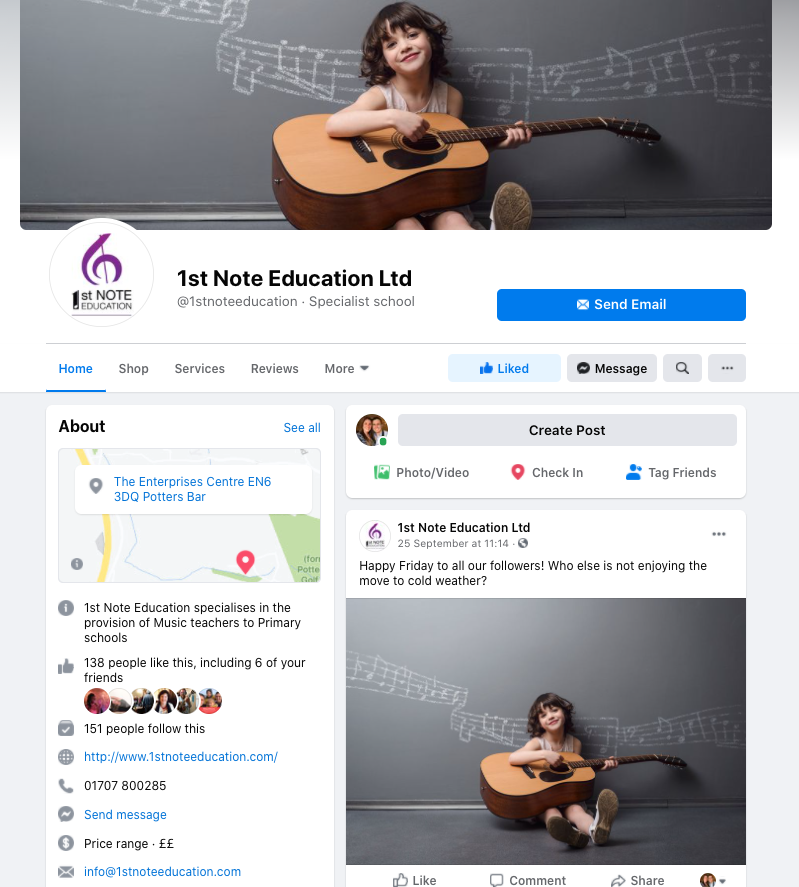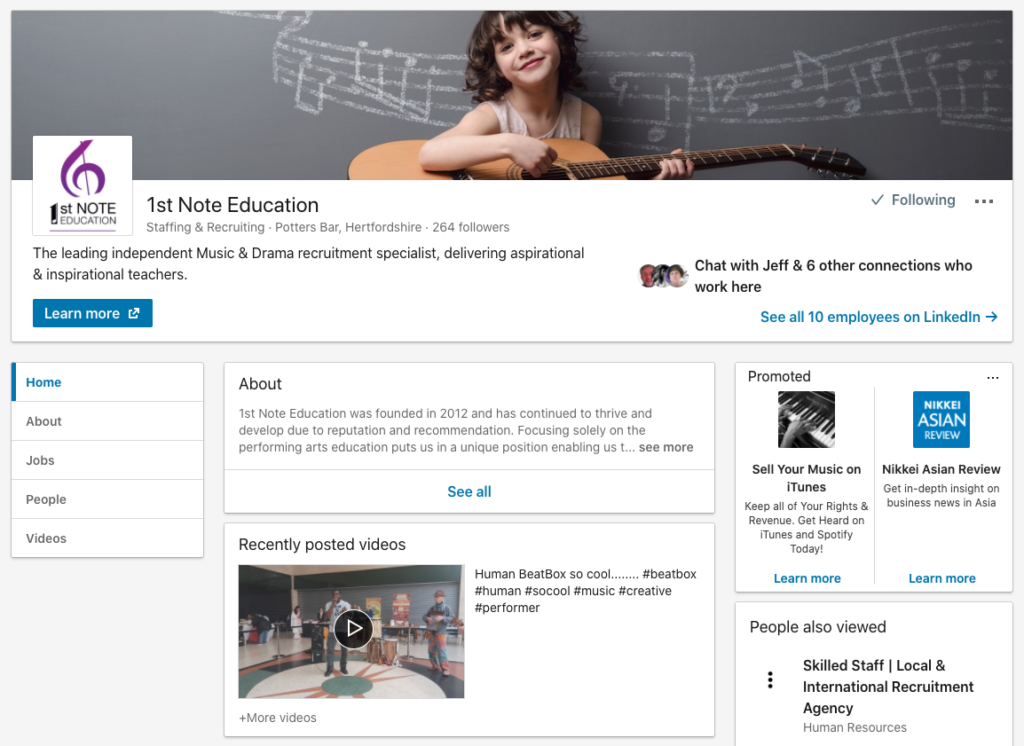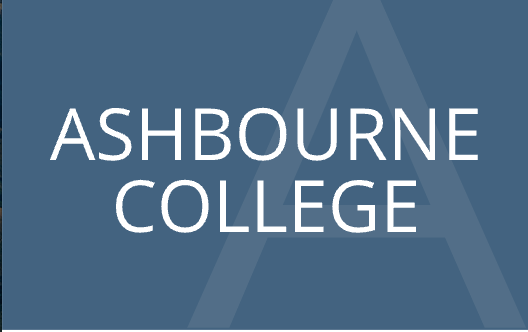Ever get the feeling you’re being watched?
Are observations a good or a bad thing?
A teacher that has never been observed is a teacher who has never taught! Good old Ofsted are always on hand to make sure they give us their ‘ten pennies’ worth when it comes to teaching to their standards. Government guidelines are the foundation that Ofsted use and they visit schools throughout the year monitoring how well the school is doing… how well the teachers are teaching!! And this is done through Observation. This is followed up with feedback and a grading of both individual teachers and a whole school grading. We could go into the pros and cons of Ofsted themselves, with their grading schemes, but that’ll be for another blog!!
Then there are in-house observations. These are done by heads and other members of staff. Again, this will be followed up with either verbal, written or both types of feedback, to help ‘You’ develop as a teacher. The feedback should always be constructive, yet fair and honest and should highlight positives as well as improvements.
Other external observations may include visits to check on supply teachers, just to make sure everything is ticking over nicely with the school they are working for.
Observations have always been controversial. There are teachers that totally agree with them, and there are teachers that are dead against them. So what are the pros and negatives for each?
For:
They offer an outsider‚Äôs (usually a professional) point of view to your teaching style/ strategy. Thus making you take a step back and look at things from a different perspective. Your observer may notice things that you do, that you may not have noticed that you are doing yourself. The observer can also give advice on strategies that may work for them, should you be having any troubles in the classroom. An observation can also work as an ego boost, thus raising your confidence and making you feel like you belong in the job that you are doing‚Ķ we all like a bit of praise from time to time, and having a higher authority telling you that you are teaching wonderfully can be a real buzz! Recognising where you need to make improvements can only be a good thing. If you were to not recognise where your weaknesses were, you may continue giving lesser performance in the classroom. The government ‚ÄòMust‚Äô see lesson observations as good practice, otherwise there would be no such thing as Ofsted. Here is some guidelines I found on what Ofsted do…
OFSTED Inspection
Ofsted inspection of Initial Teacher Training and the observation of former trainees
Ofsted places a great deal of emphasis on lesson observation and on involving school leaders in the inspection process. Inspectors are likely to invite school leaders to participate in joint lesson observations.
Ofsted guidance makes it clear that lesson observations should enable inspectors to judge the accuracy of the school’s evaluation of teaching and learning. Ofsted guidance says that the key objectives of lesson observations are to evaluate the quality of learning and the contribution of teaching.
Lesson observation should focus on issues identified in the pre-inspection briefing with senior staff or from early inspection activity. Observations will include gathering evidence on how well particular groups of pupils and individual pupils are learning. Inspectors should use evidence from lesson observations to make detailed and specific recommendations to improve teaching and learning and make judgements about outcomes for pupils, provision and aspects of leadership and management.
Inspectors may use a range of strategies for observations, including part-lesson observations of 25 to 30 minutes, tracking of a class or group of pupils to assess pupils’ experience of a school day or part of a day, long observations of an hour or more, and/or short visits to a number of lessons.
Any of these observation strategies may be carried out jointly with the headteacher/senior member of staff. Guidance to inspectors makes it clear that a joint observation between the inspector and a member of the senior management should only take place if the teacher agrees to being jointly observed.
Inspectors should work to a protocol for feedback arrangements that the lead inspector has explained to the school. Inspectors must be proactive in offering feedback to teachers. 
Feedback should address the main strengths and weaknesses of the activity observed, focusing on:
- pupils’ learning and the teacher’s contribution to it;
- the quality of what was seen;
- how it could be improved.
Where possible inspectors should comment on:
- the context and content of the lesson ;
- where it fits into a sequence or programme of lessons;
- other teaching and learning activities that the teacher uses;
- professional development experience related to teaching;
- the extent to which leaders monitor teaching and provide pedagogical guidance and support for teachers;
- the nature and impact of performance management.
Inspectors have now been instructed not to provide grades for individual lesson observations. This has been confirmed in Ofsted’s publication, Ofsted inspection – clarification for schools. This document can be accessed here (new window).
http://www.nasuwt.org.uk/MemberSupport/NASUWTPublications/LessonObservation/
Instead of writing ‚Äòagainst‚Äô lesson observations, I have an article I found on TES that describes the negatives of observations…
‘Too often lesson observations alienate teachers, belittle¬†them professionally and compound¬†the stress in the profession’
9th December 2015 at 11:47
The approach external agencies take to school improvement must be more collegiate and less confrontational, writes one celebrated headteacher
So your school receives a disappointing¬†inspection. This is bad enough,¬†but what inevitably follows is the arrival of the “hit squad”. Whatever confidence left in the establishment is quickly eroded by¬†the battery of observers, clipboards in hand, who appear with the sole aim¬†of improving the teachers. What generally happens, however, is the opposite: “Death by Observation.”
I am not denying that school improvement is crucial and that working to improve the quality of teachers and teaching is core to this mission. However, my problem is that too often the approach of the powers that be seems to focus solely on observation as the only way to get there. And yet this is generally an approach that is both flawed and ineffective.
In fact, I would say that in many ways it is obsolete. Normally it involves the same individuals, walking the same “learning walk”,¬†feeding back the same information. Time after time.
What other profession would do this to its most valuable and important asset, its practitioners?
These are the people who¬†have been trained and have achieved professional status doing the¬†very job that they’re being observed in. I was a good teacher, I believe, but without doubt¬†the majority,¬†if not all, of my teachers teach far better than I did.
While life has changed since I was in the classroom, the way you get the best from teachers has not. Observing them and often criticising them is not a recipe for improvement.
Peer-support offers so much more: working alongside, being supportive, offering direction if needed: encouragement and praise in equal measure. This model allows colleagues to grow professionally, and individuals feel part of the team, not like someone who is there to be knocked down. If it is done right, they feel they are all in the process of school improvement. Other aspects of staff development naturally come into the debate, and so data can be discussed, successes celebrated and failures analysed.
Throughout all of¬†this,¬†the children are kept fully in the centre of all thoughts, and let’s face it, this is why we all became teachers in the first place.
Many teacher observation practices¬†start¬†by alienating the teachers. They¬†belittle¬†them professionally and undoubtedly compound¬†the malaise and stress currently in the profession. There is pre-observation stress, then the actual observation and then the inevitable post-observation “rating”, all of¬†which can send many over the edge.
How pathetic to adopt an approach which is based on subjectivity.
Let’s go back to ensuring that observations¬†are an integral part of continuous professional dialogue. Let’s focus on the children, looking at their successes and seeing how as teachers we can get¬†all pupils¬†to reach for the stars. How can we make, also, every learning and teaching opportunity the best?
If we adopt this approach then headteachers, Ofsted, local authorities and academy chains may need to analyse, perhaps even research, how institutions can actually change. It is certainly not achieved by someone holding a clipboard. No, it’s by creating a staff team willing to look at their individual teaching, confident that when they speak they are not shouted down, bullied and undermined, confident they are¬†putting their¬†pupils at the very centre of the existence of the school.
I’d welcome¬†a hit squad targeting that as its mission.
Colin Harris is headteacher of Warren Park Primary School in Havant, Hampshire 
https://www.tes.com/news/school-news/breaking-views/too-often-lesson-observations-alienate-teachers-belittle-them
What are your views on lesson observations?????  (Not following us?)
Share them with us on twitter, facebook, linked-in and google plus. Look for 1stNoteEducation and air your extremely valued views!!!
Andy T (1stNoteEducation post writer)









